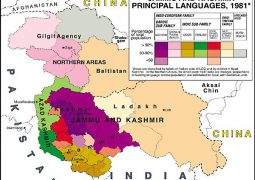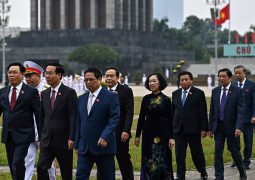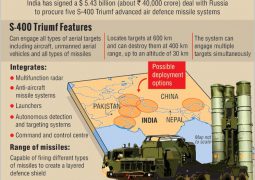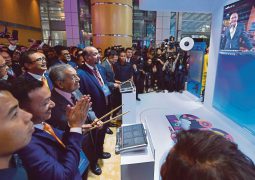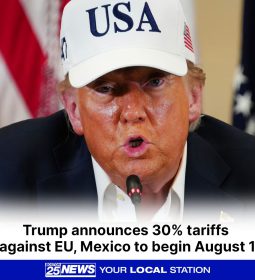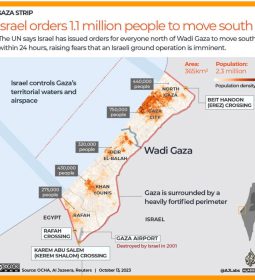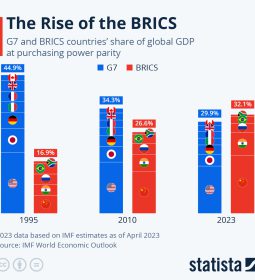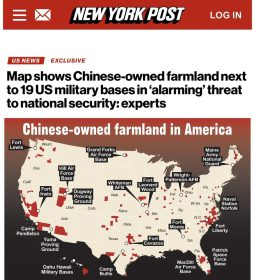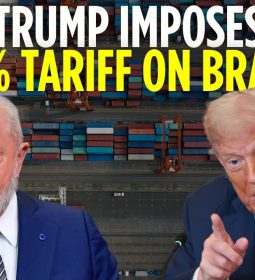US’ withdrawal no cause for celebration with Malaysia’s anti-TPPA groups
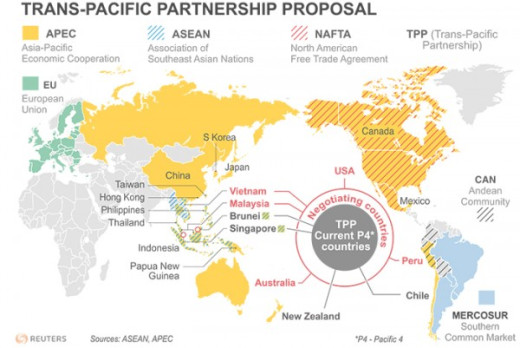
KUALA LUMPUR, Jan 31 — Although initially opposed to Malaysia joining the Trans-Pacific Partnership Agreement (TPPA), local critics are not rejoicing over the United States’ withdrawal from the 12-nation free trade deal, cautioning instead that the trade pact may be revived or survive in other forms.
Mohd Azmi Abdul Hamid, president of anti-TPPA group Persatuan Teras Pendidikan dan Kebajikan Malaysia (Teras), indicated that it was still unclear if the TPPA deal is truly called off just because the US decided to pull out.
“For me I’m not celebrating anything yet, as government has already started process of ratifying, the government have to announce what has been amended and how far we have gone, because we may have done some changes, amending policies and laws even though TPPA dysfunction.
“Now we only heard from America that it is withdrawing, but the other 11 partners they are just saying without US, it’s not workable. Have they actually dissolved it, have they actually come out with official statement of status of TPPA?” he said, questioning if the deal would dissolve on its own or if steps would have to be taken to officially dismantle it.
Noting that the agreements with the US allegedly tend to be biased towards the influential economic superpowers’ interests, he said Teras is urging the Malaysian government to stop any amendment of policies and laws in the country’s bid to bring them in line with the TPPA and to restore them to the pre-TPPA position.
Mohd Azmi also said Malaysia still has to remain on guard, predicting that the US would most likely seek out a new free trade deal with Malaysia, due to the latter’s alleged high dependence on US trade and strategic location as a possible entry point into the region.
Noting that Malaysians had successfully protested against a US-Malaysia free-trade agreement in the past, Mohd Azmi highlighted the Trump administration’s “America First” foreign policy and worried that the US may again approach Malaysia with the same framework to push for the opening up of local markets.
He also shared his worry that there would again be a “non-democratic” negotiation process shutting out Malaysians despite a US trade deal’s potential impact on issues such as national interests, economic interests and Bumiputera interests.
“That’s my worry, because all these while it has never been in the open, it’s always done in secrecy, they won’t divulge any info to the public under the pretext that a deal must be done with partners with no disclosure,” he said, referring to the TPPA experience.
Five ways for TPPA to live on
The Bantah TPPA coalition’s co-founder Anas Alam Faizli said he welcomed the US withdrawal from the TPPA, but cautioned that there are over five ways in which the free trade deal could “still be alive and prove costly to Malaysia”.
He said the remaining 11 countries could proceed with the TPPA which would mean the “same cost, less benefits” while US firms benefit from the agreement’s clauses, saying that a new free trade deal between Malaysia and US was also another possibility.
He said the TPPA could also live on if its clauses were emulated by the Regional Comprehensive Economic Partnership (RCEP) that is still undergoing negotiations, or if TPPA clauses are used in new trade deals between Malaysia and TPPA countries that are currently not the former’s free trade partners. These would be Canada, Mexico, Peru and the US.
“If Malaysia wants to pursue FTA, must start from a fresh page that suit the countries involved and not by using FTA clauses,” he said, referring to free trade agreements by its acronym.
The RCEP is a proposed free trade deal that excludes the TPP’s key driver, the US, but involves Asean’s 10 member nations and the six countries which the regional body already has trade deals with: Australia, China, India, Japan, South Korea and New Zealand.
There is also the possibility of Malaysia forging ahead with TPPA clauses in the form of local laws despite the TPPA deal being cancelled, he said, adding that this will prove costly to Malaysia in issues related to copyrights, medicine, investor-state dispute settlement.
Better terms and public feedback
Mohamad Raimi Abdul Rahim, president of anti-TPPA group Angkatan Belia Islam Malaysia (Abim), said the group had from the beginning believed that the free trade deal would not materialise as it was allegedly faulty and the US president lacked support from the US Senate for it.
- Previous Mixed message as Philippine military says no U.S. armory moves
- Next Yemen’s Houthi Rebels Launch Rare Suicide Attack on Saudi Frigate



